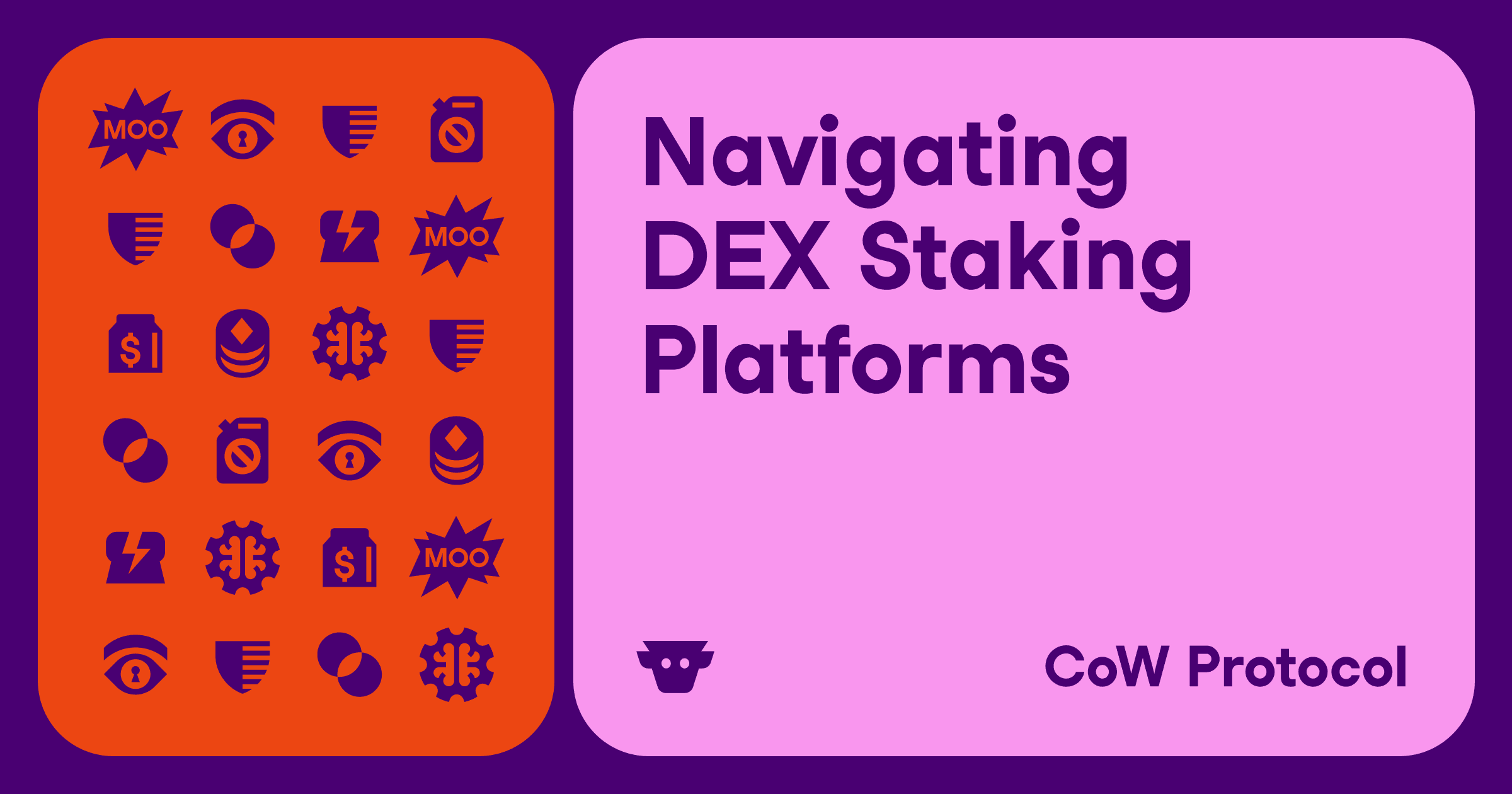How to trade tokenized U.S. stocks and ETFs on Robinhood (EU)
Robinhood EU offers European investors access to over 400 tokenized U.S. stocks and ETFs through what they call Stock Tokens. These blockchain-based instruments track the prices of major companies like Apple, Microsoft, and NVIDIA, as well as popular ETFs such as the Vanguard S&P 500. Understanding how to trade these instruments requires grasping both their unique advantages and significant limitations.
What stock tokens actually are
Stock Tokens are derivative contracts between you and Robinhood, not actual shares of the companies they track. When you buy a Stock Token for Apple, you receive a blockchain-based contract that follows Apple's stock price, but you do not own Apple stock itself. This distinction matters because you forfeit traditional shareholder rights like voting in company meetings or direct claims on company assets.
The tokens exist on a blockchain, which enables some unique features like 24/7 trading availability. Robinhood holds the actual underlying stocks with a licensed U.S. custodian, while you hold the derivative contract that tracks their performance. This setup allows European investors to gain exposure to U.S. markets without directly purchasing American securities.
The trading mechanics
Trading Stock Tokens works differently from traditional stock purchases. You place orders through the Robinhood app in euros, which the platform converts to dollars at the quoted exchange rate. This conversion happens automatically when you buy or sell, with a 0.1% foreign exchange fee applied each time.
The platform offers extended trading hours from Monday 2 AM to Saturday 2 AM Central European Time. This means you can trade when U.S. markets are closed, though extended hours carry additional risks like reduced liquidity and wider price spreads. You can also queue orders outside these hours, which execute when trading resumes.
Minimum investment amounts start at just €1, making these instruments accessible to smaller investors. Unlike traditional brokerages that might require larger minimum purchases for individual stocks, Stock Tokens allow fractional investing from the start.
The pricing and fee structure
Stock Tokens track the real-time prices of their underlying assets, sourced from NASDAQ. When you buy a Stock Token, you pay the current market price of the underlying stock or ETF, converted from dollars to euros. When you sell, you receive the then-current market price, minus fees.
The fee structure remains simple: only the 0.1% foreign exchange fee applies when converting between euros and dollars. Robinhood charges no other trading fees, management fees, or commissions on Stock Token transactions. This transparent pricing eliminates the surprise fees common with traditional international investing.
However, currency risk affects your returns. Since Stock Tokens are priced in dollars but you pay in euros, exchange rate fluctuations can impact your gains or losses independently of the underlying asset's performance. A strengthening dollar benefits euro-based investors when they sell, while a weakening dollar has the opposite effect.
Dividend and corporate action handling
If the underlying stock or ETF pays dividends, Robinhood passes a corresponding cash amount to eligible Stock Token holders. These payments appear in your account as cash credits rather than traditional dividends, since you do not actually own the underlying securities. This difference may affect how these payments are taxed in your jurisdiction.
Corporate actions like stock splits or spinoffs are handled according to Robinhood's policies for the specific event. Since Stock Tokens are derivatives, these actions may be reflected differently than they would be for direct stock ownership. The platform updates token quantities and prices to maintain equivalent economic exposure when possible.
Understanding the risks
Stock Tokens carry several distinct risk categories that differ from traditional stock investing. Market risk remains similar—if the underlying stock falls, your Stock Token loses value correspondingly. However, additional risks emerge from the derivative structure.
Counterparty risk represents a significant concern. Since Stock Tokens are contracts with Robinhood rather than direct ownership, you could lose your entire investment if Robinhood becomes insolvent. Traditional stock ownership typically provides more protection in bankruptcy scenarios.
Liquidity risk can affect your ability to trade, especially during extended hours or market volatility. While Robinhood commits to buying back Stock Tokens at current market prices, extreme circumstances could disrupt this process. The platform may suspend trading during unusual market conditions or technical difficulties.
Regulatory risk poses another consideration. Stock Tokens represent a new financial instrument, and changing regulations could affect their availability or terms. European financial authorities are still developing oversight frameworks for these products.
Tax considerations
Stock Tokens are typically treated as derivative investments for tax purposes, which may differ from how traditional stocks are taxed. The exact treatment varies by country and individual circumstances within the European Union. Cash payments from dividend-equivalent distributions might be taxed differently than traditional dividend income.
Currency gains and losses from the euro-dollar conversions may create additional tax complications. Some jurisdictions treat foreign exchange gains as separate taxable events, while others include them in the overall investment return calculation.
Consulting with a tax professional familiar with derivative investments and international securities becomes essential before trading Stock Tokens. The complexity of cross-border, blockchain-based derivatives creates reporting requirements that differ significantly from traditional investing.
Getting started with the platform
Opening a Robinhood EU account requires meeting eligibility requirements and completing identity verification. The platform must assess your suitability for derivative investing, as Stock Tokens are classified as complex financial instruments unsuitable for all investors.
The mobile app serves as the primary interface for trading Stock Tokens. You can browse available tokens, check real-time prices, and place buy or sell orders directly through the app. The interface displays prices in euros while showing the underlying dollar-denominated performance.
Setting up price alerts helps you monitor your investments and market opportunities. Since Stock Tokens trade around the clock during weekdays, these notifications help you respond to price movements outside traditional market hours.
Comparing with traditional alternatives
Traditional methods for European investors to access U.S. stocks often involve higher costs and more complexity. International brokers typically charge foreign transaction fees, currency conversion spreads, and account maintenance fees that can significantly impact returns.
American Depositary Receipts (ADRs) available on European exchanges offer another alternative, but they often trade at different hours and may not track underlying U.S. prices precisely due to currency and timing differences.
Stock Tokens eliminate many of these traditional barriers while introducing new ones. The 24/7 trading availability and low fee structure provide clear advantages, but the derivative structure and associated risks represent significant tradeoffs.
Making an informed decision
Stock Tokens suit investors who understand derivative instruments and accept counterparty risk in exchange for convenience and extended trading hours. They work particularly well for those wanting exposure to U.S. markets without the complexity of traditional international investing.
However, investors prioritizing actual ownership rights, dividend income, or maximum regulatory protection may prefer traditional stock purchases through established international brokers. The derivative nature of Stock Tokens makes them fundamentally different from stock ownership, regardless of how closely they track underlying prices.
Consider your investment goals, risk tolerance, and technical understanding before committing significant capital to Stock Tokens. While they offer innovative access to U.S. markets, they remain complex derivatives that require careful evaluation of their unique risk-reward profile.
The technology behind Stock Tokens represents an interesting evolution in how financial markets might operate in the future. For now, they provide a novel way to access U.S. markets, but they require investors to understand exactly what they are buying and the risks they are accepting in exchange for the convenience and features these instruments provide.
FAQs
What are Stock Tokens?
Stock Tokens are derivative contracts offered by Robinhood EU that track the prices of U.S. stocks and ETFs. They are blockchain-based instruments that follow the price movements of underlying securities but do not represent actual share ownership.
How does Stock Token investing work?
You can trade Stock Tokens through the Robinhood app using euros, which are automatically converted to dollars at the quoted exchange rate. The minimum investment is €1, and you can buy fractional amounts of tokens.
What are the risks of Stock Tokens?
Key risks include market risk, counterparty risk (if Robinhood becomes insolvent), liquidity risk (especially during extended hours), and regulatory risk since these are new financial instruments. Currency risk also exists due to euro-dollar conversions.
Are Stock Tokens taxed?
Stock Tokens are typically treated as derivative investments for tax purposes, which may differ from traditional stock taxation. Tax treatment varies by country within the EU, and both dividend-equivalent payments and currency gains/losses may have specific tax implications.
How much does it cost to trade Stock Tokens?
Robinhood charges only a 0.1% foreign exchange fee when converting between euros and dollars. There are no other trading fees, management fees, or commissions on Stock Token transactions.
What Stock Tokens can I invest in?
Robinhood EU offers over 400 tokenized U.S. stocks and ETFs, including major companies like Apple, Microsoft, and NVIDIA, as well as popular ETFs such as the Vanguard S&P 500.
Can I trade Stock Tokens outside of market hours?
Yes, Stock Tokens can be traded from Monday 2 AM to Saturday 2 AM Central European Time, allowing trading when U.S. markets are closed. However, extended hours may have reduced liquidity and wider price spreads.
Will I receive dividends from Stock Tokens?
Yes, if the underlying stock or ETF pays dividends, Robinhood passes corresponding cash amounts to Stock Token holders. These appear as cash credits rather than traditional dividends.
What happens if Robinhood Europe is unable to pay out?
If Robinhood becomes insolvent, you could lose your entire investment since Stock Tokens are contracts with Robinhood rather than direct ownership of securities. This represents a significant counterparty risk.
How long should I hold it and can I take money out early?
There are no minimum holding periods for Stock Tokens, and you can sell your positions at any time during trading hours. However, consider that frequent trading incurs currency conversion fees and potential tax implications.

